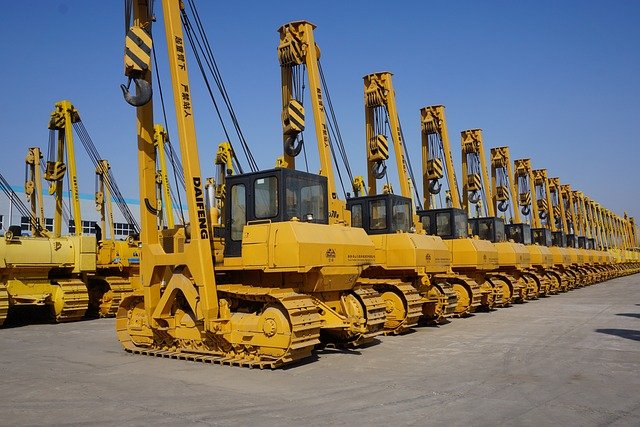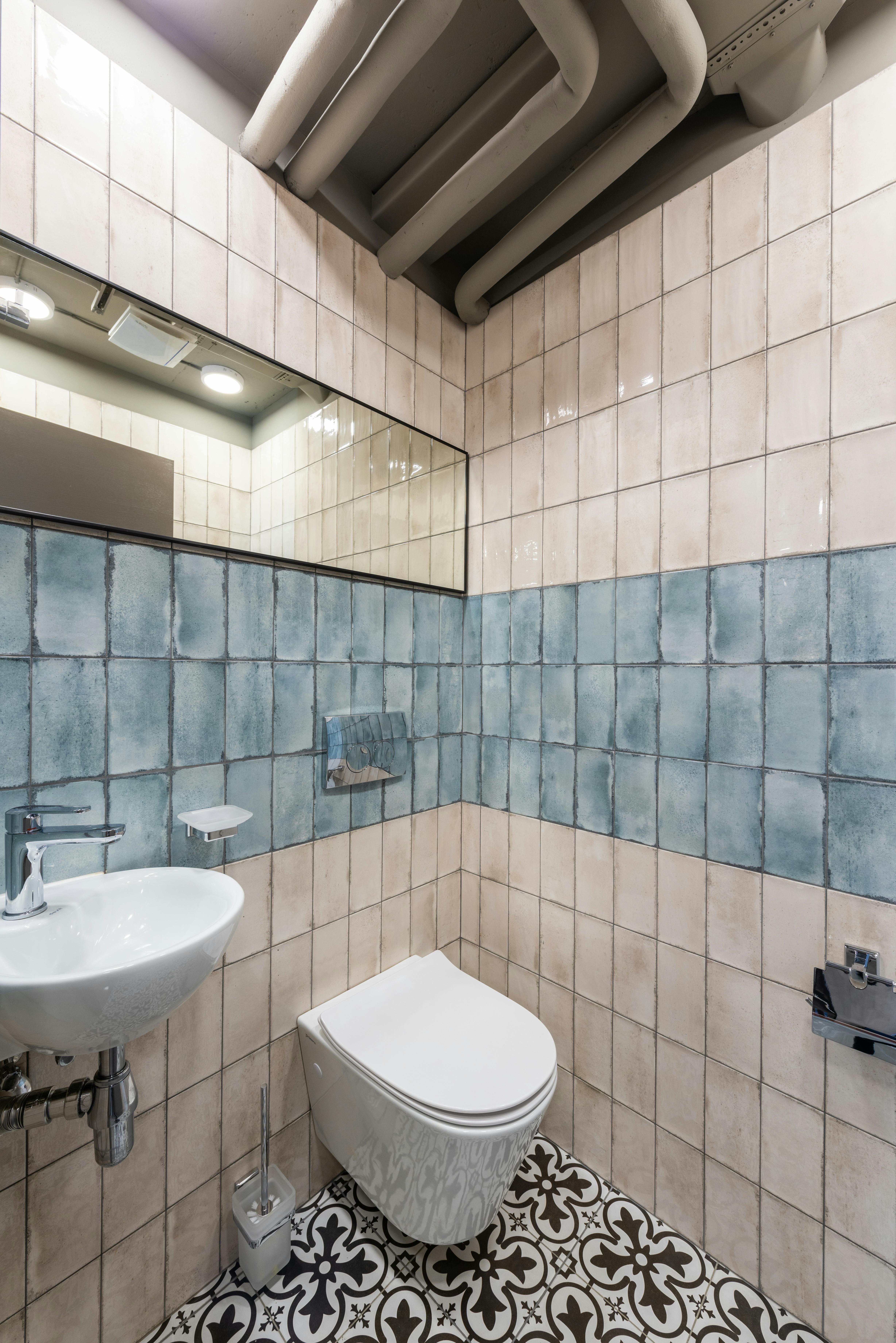Water Filtration Systems: Benefits for Your Home
A home water filtration system improves water quality by reducing contaminants such as chlorine, lead, or sediment. Benefits include better taste, safer drinking water, and protection for appliances. Systems range from countertop filters to whole-house installations.
What is a home water filtration system?
A home water filtration system is a device designed to remove impurities, contaminants, and unwanted substances from your household water supply. These systems can be installed at various points in your home’s plumbing, from whole-house filtration at the main water line to point-of-use filters on individual faucets or appliances. Filtration methods may include activated carbon, reverse osmosis, UV light, or a combination of technologies, each targeting specific types of contaminants.
How does a home water filtration system improve water quality?
Home water filtration systems work to enhance water quality by removing a wide range of potential contaminants. Depending on the type of system installed, it can effectively eliminate or reduce:
-
Chlorine and other disinfection by-products
-
Sediment and particulate matter
-
Heavy metals such as lead and mercury
-
Bacteria and parasites
-
Pesticides and herbicides
-
Volatile organic compounds (VOCs)
By addressing these potential issues, a home water filtration system can significantly improve the taste, odor, and overall quality of your water supply.
What are the health benefits of using a home water filtration system?
Installing a home water filtration system can provide several health benefits for you and your family. By removing harmful contaminants, these systems can:
-
Reduce the risk of waterborne illnesses caused by bacteria or parasites
-
Lower exposure to potentially harmful chemicals and heavy metals
-
Improve hydration by encouraging increased water consumption due to better taste
-
Support overall health by ensuring clean water for cooking and food preparation
It’s important to note that while filtration systems can offer these benefits, they should be properly maintained and replaced as recommended by the manufacturer to ensure optimal performance.
Can a home water filtration system save money in the long run?
While there is an initial investment in purchasing and installing a home water filtration system, it can potentially lead to cost savings over time. Some ways a filtration system may help reduce expenses include:
-
Decreasing the need for bottled water purchases
-
Extending the lifespan of appliances by reducing scale buildup and mineral deposits
-
Lowering the frequency of plumbing repairs due to reduced corrosion from contaminants
-
Potentially reducing healthcare costs associated with waterborne illnesses or long-term exposure to certain contaminants
What types of home water filtration systems are available?
There are several types of home water filtration systems available to suit different needs and preferences. Some common options include:
-
Whole-house filtration systems
-
Under-sink reverse osmosis systems
-
Countertop filters
-
Faucet-mounted filters
-
Pitcher filters
-
Refrigerator filters
Each type of system has its own advantages and limitations in terms of installation, maintenance, and filtration capabilities. It’s essential to research and compare different options to find the best fit for your household’s specific needs and water quality concerns.
How do I choose the right home water filtration system?
Selecting the appropriate home water filtration system depends on various factors, including your water quality, household size, and specific concerns. To make an informed decision, consider the following steps:
-
Have your water tested to identify any specific contaminants or issues
-
Determine your household’s daily water usage and filtration needs
-
Consider the installation requirements and available space in your home
-
Compare the ongoing maintenance costs and filter replacement frequency
-
Research the effectiveness of different filtration technologies for your specific concerns
-
Read customer reviews and seek recommendations from trusted sources
By carefully evaluating these factors, you can choose a home water filtration system that best addresses your household’s unique requirements and provides the desired benefits for clean, safe drinking water.
| System Type | Provider | Key Features | Cost Estimation |
|---|---|---|---|
| Whole-house | Aquasana | Removes 97% of chlorine, multi-stage filtration | $1,000 - $2,000 |
| Under-sink RO | APEC Water Systems | 5-stage filtration, removes up to 99% of contaminants | $200 - $500 |
| Countertop | Berkey | Gravity-fed, removes bacteria and viruses | $250 - $400 |
| Faucet-mounted | PUR | Certified to reduce over 70 contaminants, easy installation | $30 - $50 |
| Pitcher | Brita | Reduces chlorine taste and odor, BPA-free | $20 - $40 |
Prices, rates, or cost estimates mentioned in this article are based on the latest available information but may change over time. Independent research is advised before making financial decisions.
In conclusion, a home water filtration system can offer numerous benefits, from improved water quality and taste to potential health advantages and long-term cost savings. By understanding the various types of systems available and considering your specific needs, you can make an informed decision about incorporating water filtration into your home. Clean, safe water is a valuable resource, and a well-chosen filtration system can help ensure that your household has access to high-quality water for all its daily needs.





